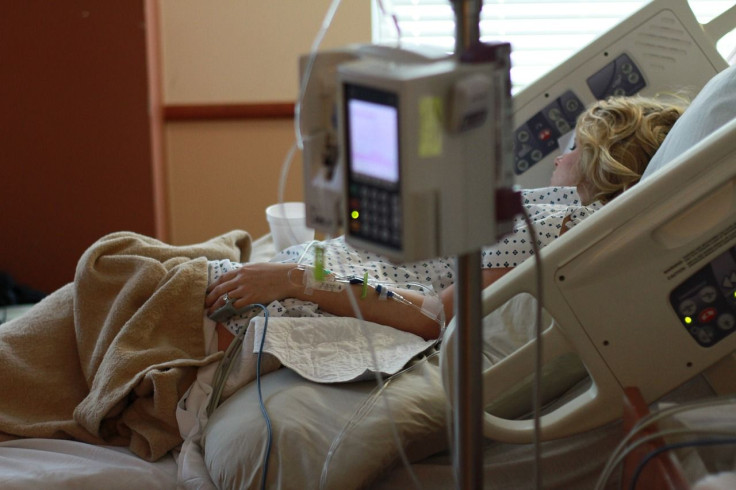Pediatric Palliative Transport: How The Practice Is Helping Bring Dying Children Home

Pediatric palliative transport has been providing a great service for children for years now.
On March 3, 2011, Anthony Brescia, a 16-year-old boy with a brain tumor, died in the comfort of his own home. It is his mother’s determination to bring him home that inspired Harriett Nelson to conduct research and eventually support “pediatric palliative transport.”
Palliative transport allows families to transfer critically ill children from a hospital's intensive care unit to their home or a hospice, with the children being expected to die within minutes to days after the removal of life support. While considered to be unorthodox, the practice has quickly grown and is said to provide comfort to both dying children and their parents.
These final journeys require elaborate planning, delicate procedures for transfer and even long helicopter rides as in some cases, the parents would take their child far away from home in a last-ditch effort to save their lives. One case of palliative transport included an 8-month-old Native American girl who traveled nearly 600 miles by ground and air ambulance to participate in end-of-life rituals at her rural tribe, something she would otherwise not have been able to do at the hospital.
These trips can cost thousands of dollars. However, they are usually offered for free to the families and are paid for by the hospital and charities.
A study regarding the experience that parents had with palliative transport, none of the families regretted bringing their children home and would recommend palliative transport to those in similar cases. One parent said, “It was better to be here. And he seemed much more relaxed and ready and accepting himself.”

This practice has helped many families in dealing with the inevitable loss of a child. Something as simple as going home suddenly becomes their priority. Going home means ensuring that the child passes surrounded by things he is familiar with instead of the ever-present noise at a hospital. Pediatric palliative transport allows dying children final comfort in the form of their home.
Pediatric palliative transport is being offered at the Boston Children's Hospital, The Mayo Clinic, Kentucky Children’s Hospital, and the Children’s Hospital of Philadelphia, to name a few.
© Copyright IBTimes 2025. All rights reserved.





















